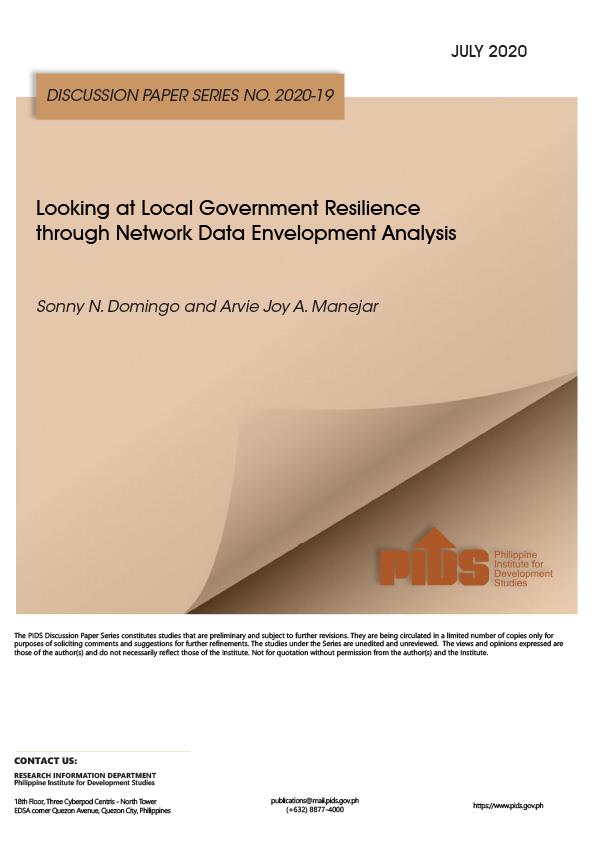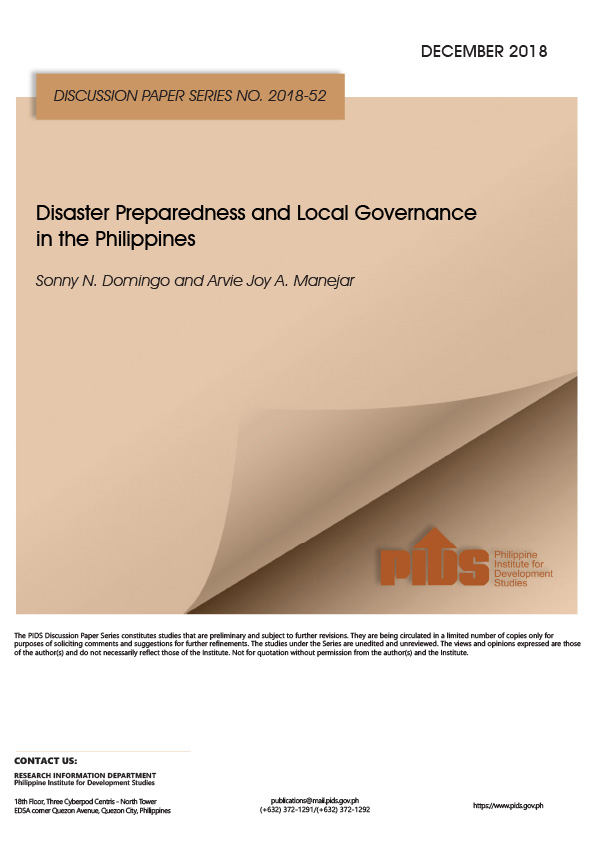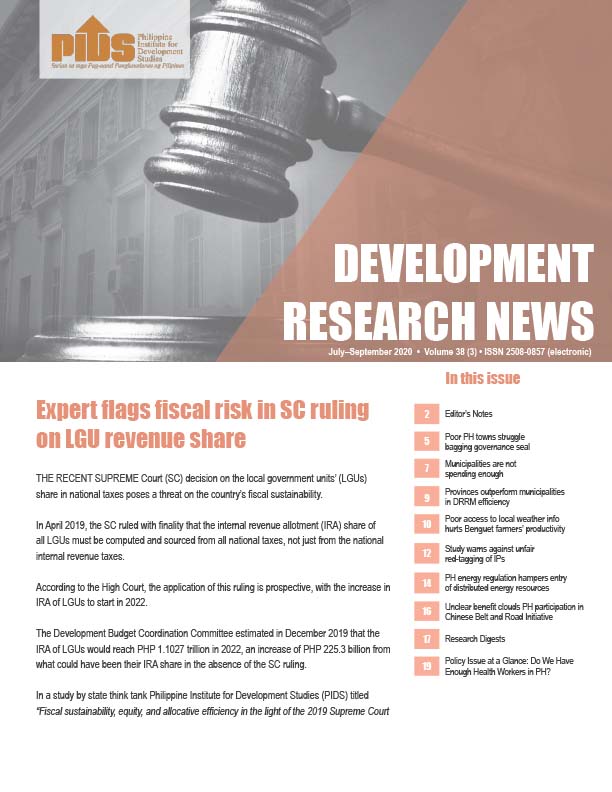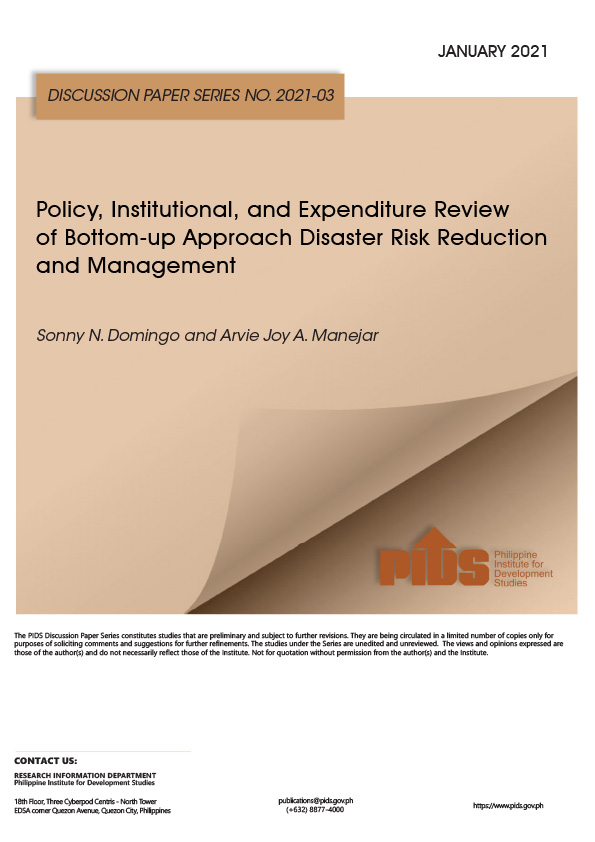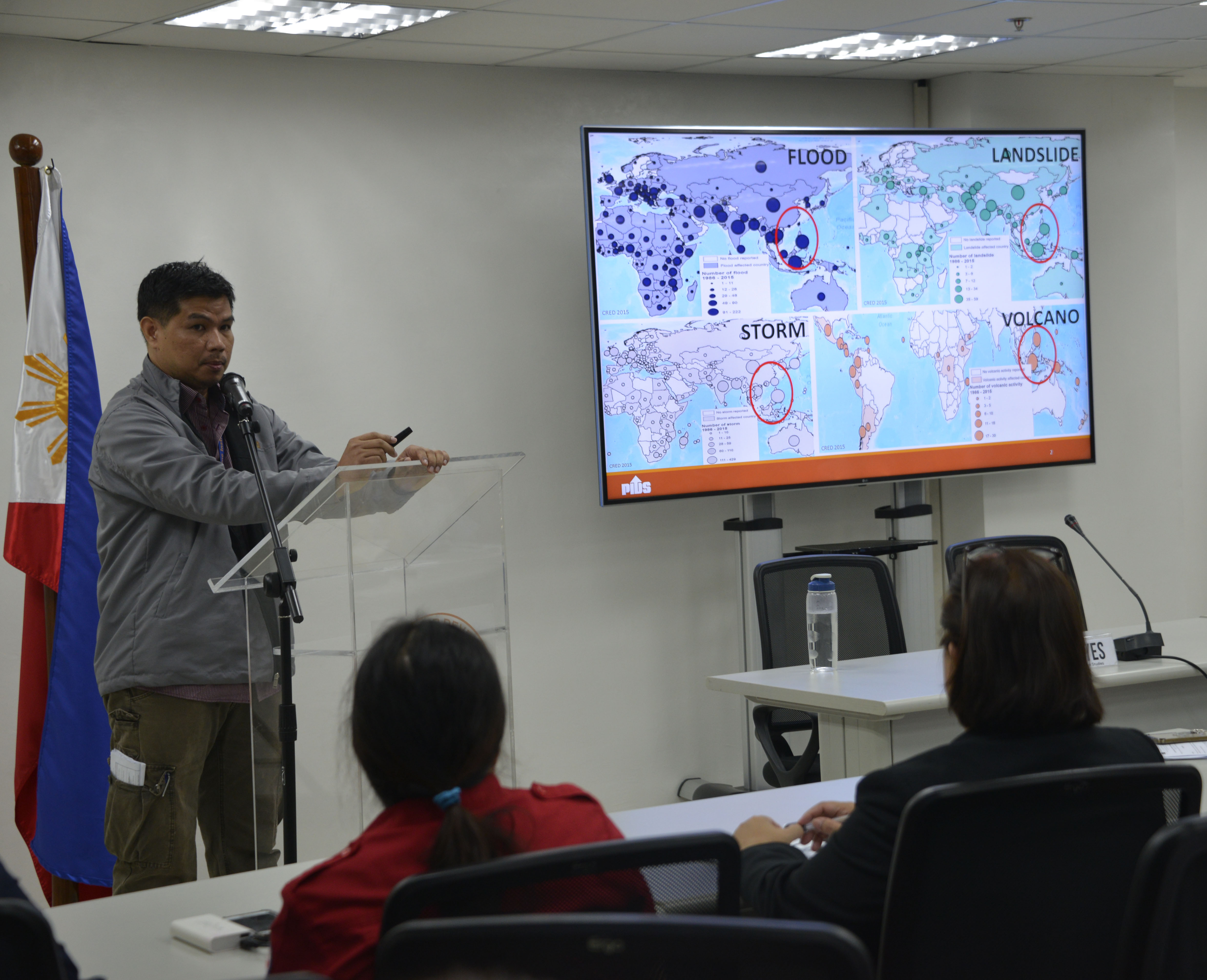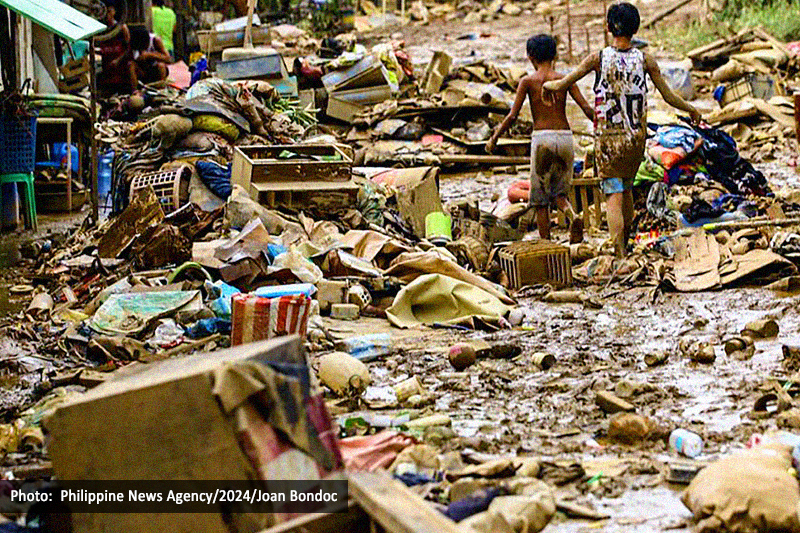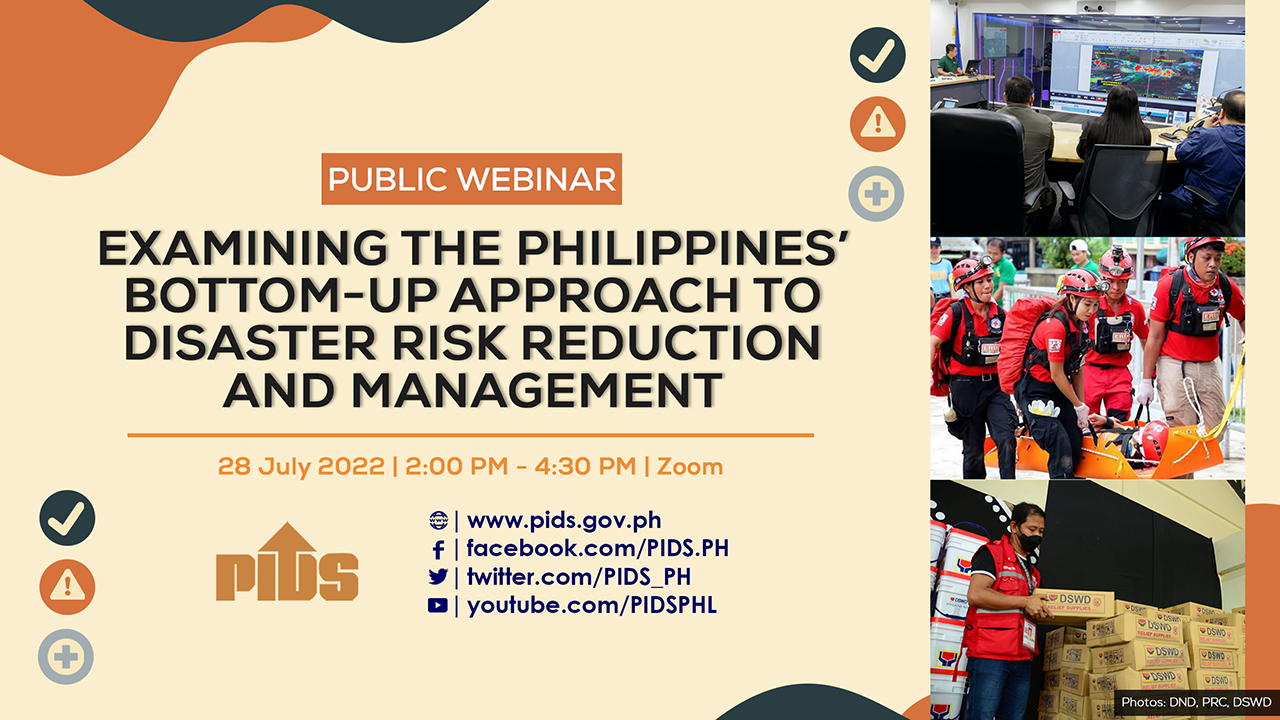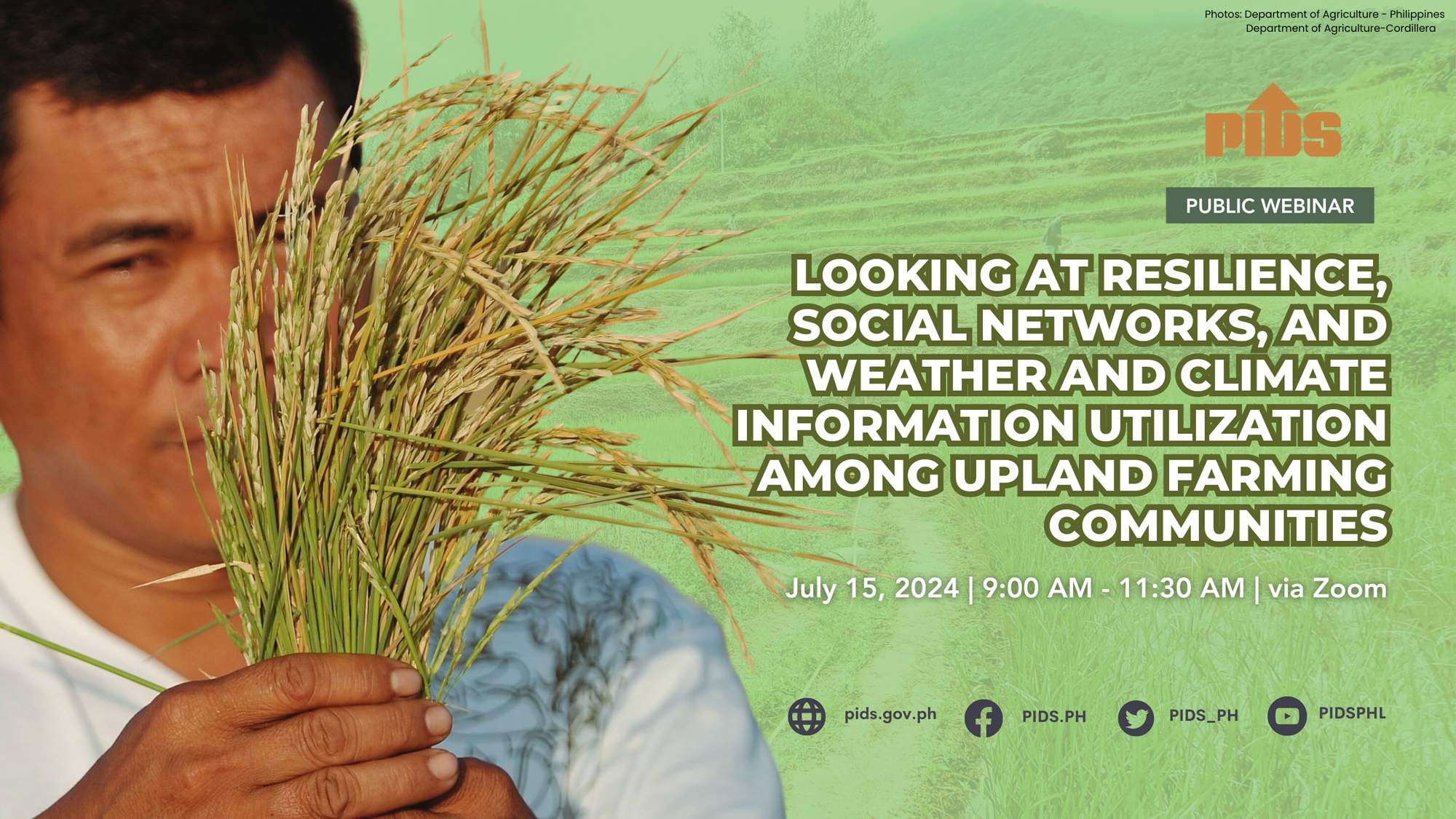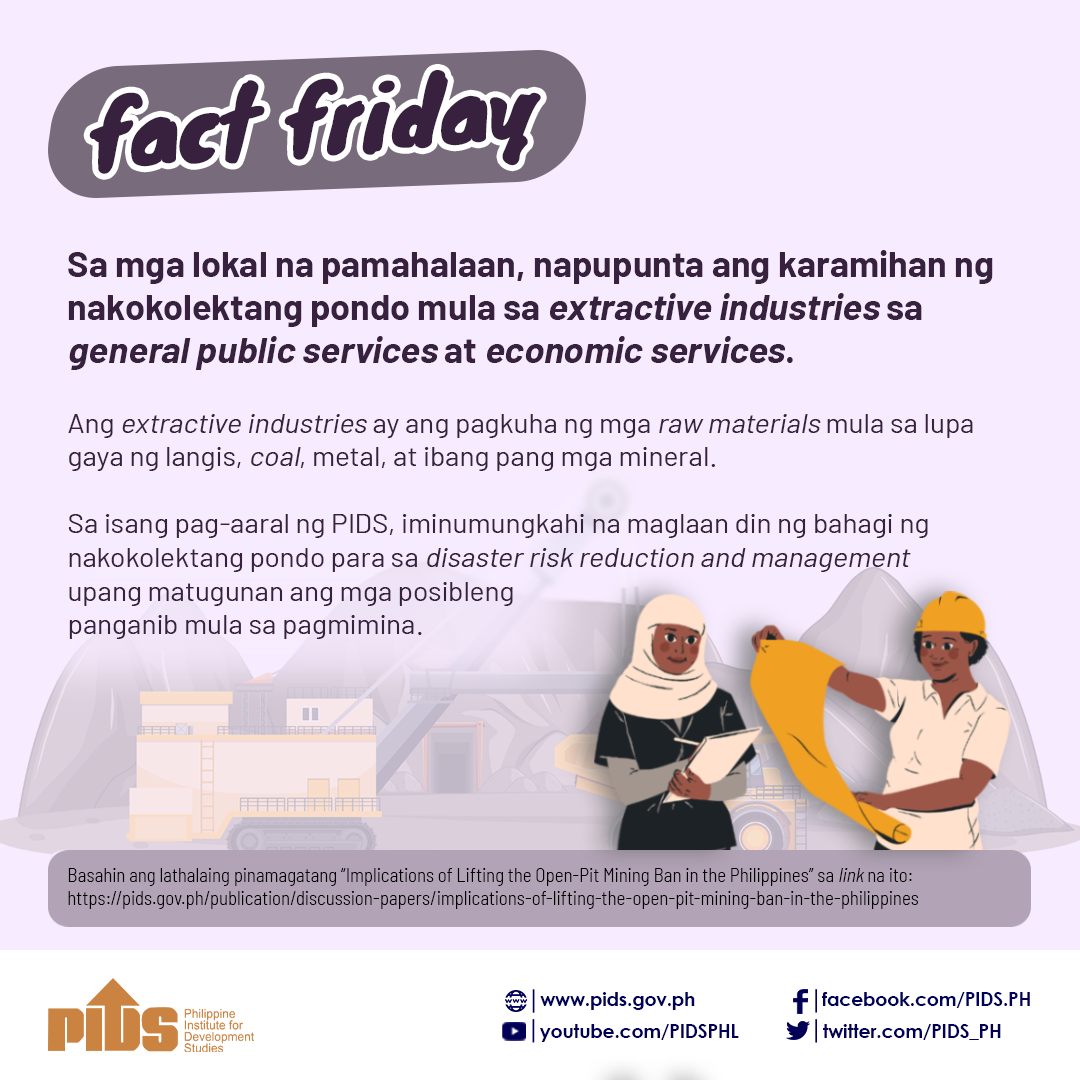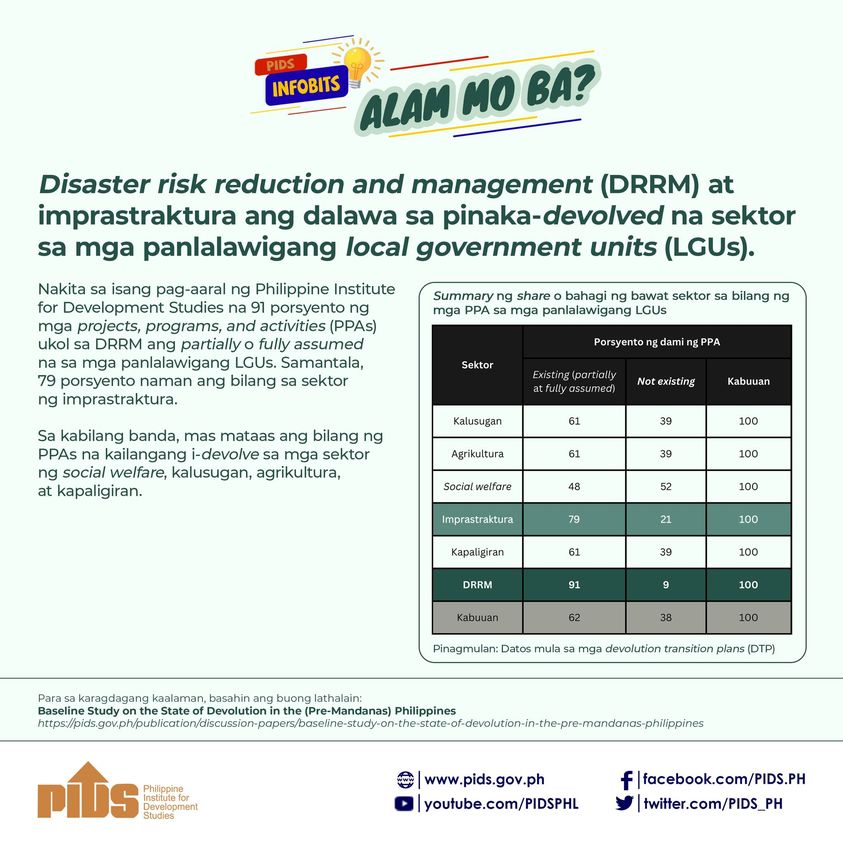The study looks into the disaster risk resilience of provincial governments in the Philippines using World Bank (WB) socioeconomic resiliency estimates and cross-sectional data generated by the Department of Interior and Local Government and the Philippine Statistics Authority. Treating provincial governments as decisionmaking units (DMUs) with bureaucratic sub-units at the provincial and city/municipal levels, composite efficiency scores were generated using an integrated Data Envelopment Approach. A WB-generated socioeconomic resiliency scorecard at the provincial level provided comparative output references for the model. Results show that disaster risk reduction and management inputs at the provincial and sub-province levels greatly contribute to improving socioeconomic capacity and decreasing asset risk. However, DMU efficiency scores varied across the different sub-regional domains. A majority of provincial subDMUs also got higher efficiency ratings compared to their municipal/community subDMU counterparts, implying the need to rebalance support and disaster resilience -related initiatives at the sub-provincial levels.

